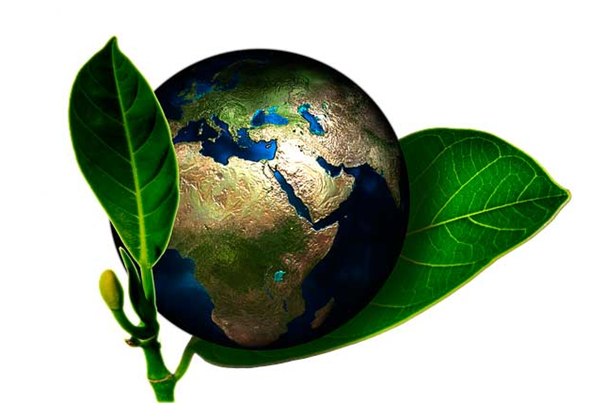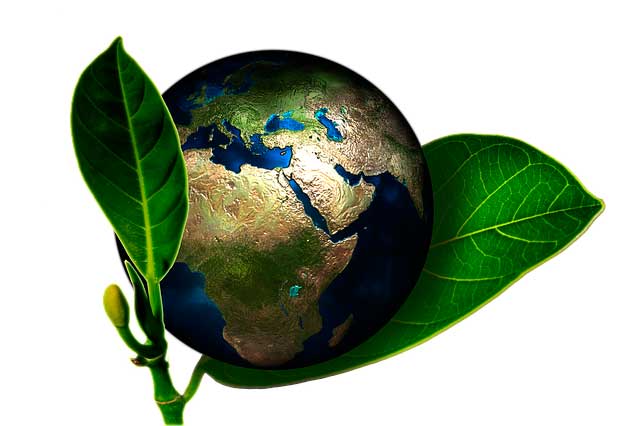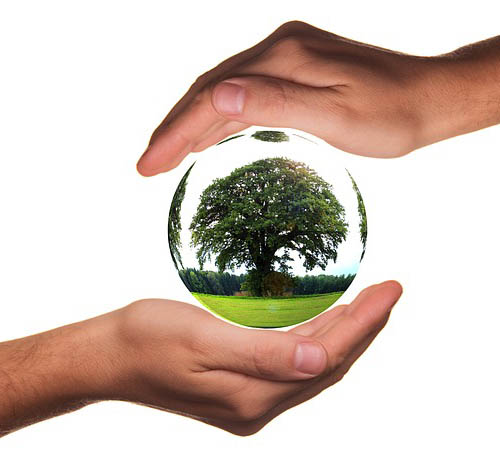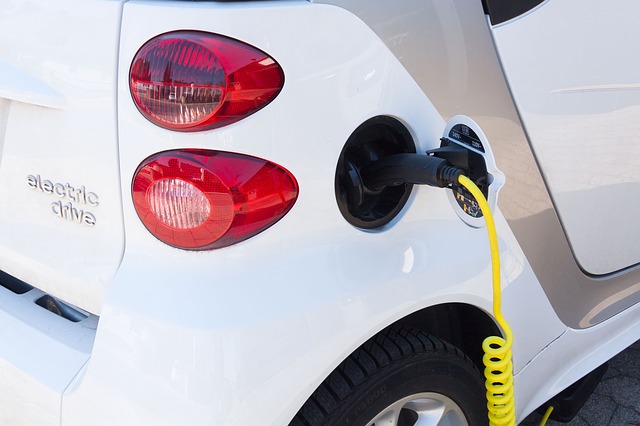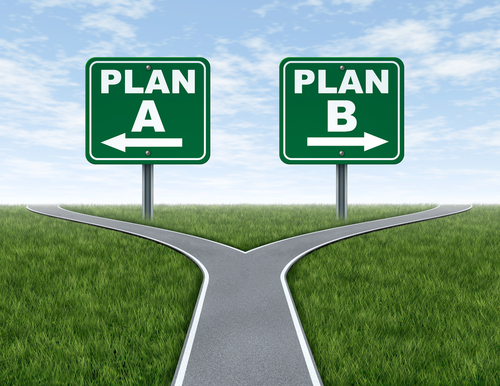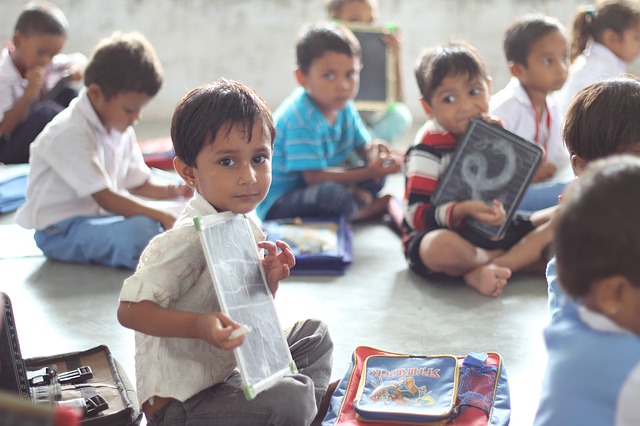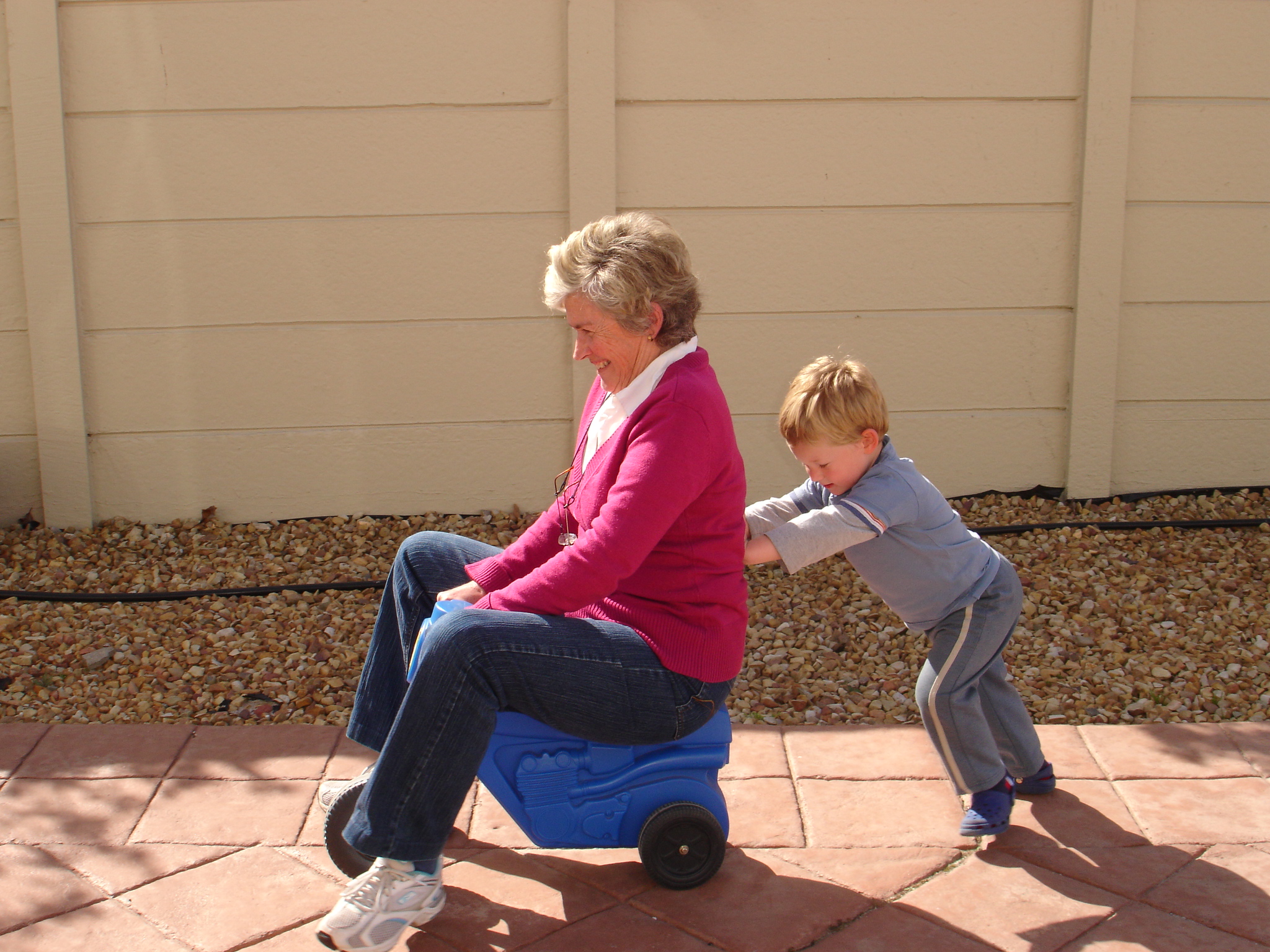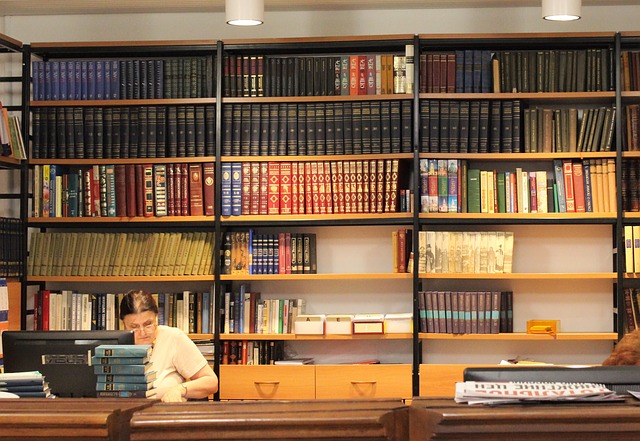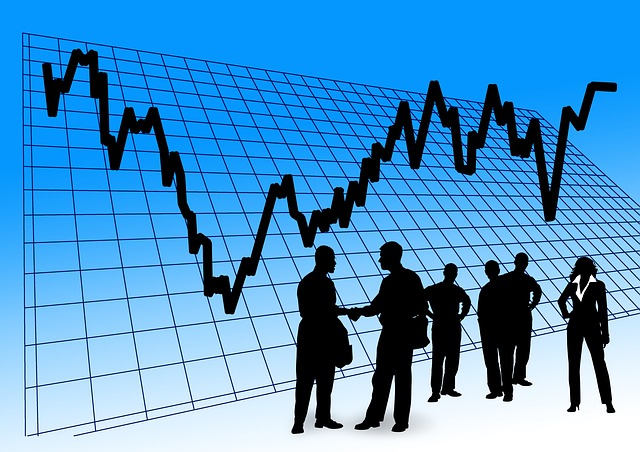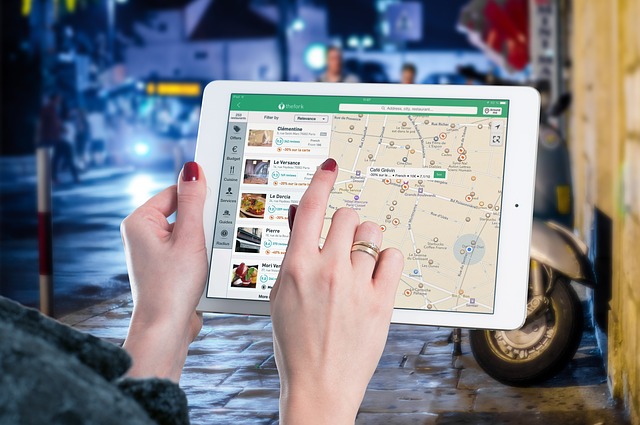Ban Ki-moon: No One, in Any Nation Can Avoid the Impacts of Climate Change
What Was Needed from the Paris Climate Change Conference?
World leaders in Paris, joined 45,000 others -- from civil society, businesses, media and more -- to urge Heads of State and Governments to forge a global agreement on climate change.
People in towns and cities across the world joined together for a Global Climate March the biggest climate mobilisation ever. While security precautions prevented the climate march that had been planned for Paris, this did not deter thousands of concerned citizens in many countries from showing their support for urgent climate action and making their voices heard.
I hope that leaders and negotiators will heed those voices -- because the UN Climate Change Conference (COP21) happening here over the next two weeks offers an unprecedented opportunity to tackle the defining issue of our time.
In one way or another, we are all experiencing the effects of climate change, and these impacts will only increase. Yet climate change does not affect us all equally. Those who suffer first and worst are those who did least to cause it: the poor and most vulnerable members of society who are the least equipped to mitigate and adapt to this changing situation.
The price of inaction is huge.
Around the world, I have seen how floods, droughts, rising sea levels and increasingly severe storms are causing terrible harm, and prompting families to migrate, often at great peril.
Aside from the devastating human toll, the cost of disasters is huge: since 1995 – including earthquakes and tsunamis – disaster losses amount to between $250 billion and $300 billion annually.
If left unchecked, the current course of climate change will alter life on Earth as we know it.
We must take urgent action now.
So what exactly needed to happen at COP21?
First and foremost, we need the 195 governments that will attend along with the European to reach a new climate agreement that to reach a new climate change agreement that puts us on the road to keeping global average temperature rise below 2 degrees Celsius (3.6 degrees Fahrenheit) – beyond which there will be an increase in the risk of severe, pervasive, and in some cases, irreversible impacts.
Paris must be a turning point, sending a loud and clear signal to citizens, markets and the private sector that the transformation of the global economy is inevitable, beneficial, and already underway.
In recent years we have seen a groundswell of momentum for action on climate change across all sectors of society -- from individuals to governments to businesses. It is heartening to see a growing number of governments and companies taking steps to carve out a low-carbon future. They know the very real impacts of climate change, but they also embrace the effective, affordable solutions at our fingertips.
What’s more, companies that are taking action to reduce emissions and become more sustainable are finding it helps their bottom line. It makes business sense.
Ahead of COP21, almost all countries, as well as states, cities, business and investors, have come forward with comprehensive pledges and plans to reduce carbon emissions and bolster resilience. More than 180 countries have submitted national climate commitments. Developed countries have pledged to support the efforts of developing countries to move toward low-emission economies.
These are encouraging steps and I urge all countries to follow suit.
No one, in any nation can avoid the impacts of climate change and we all have a responsibility – and an opportunity - to do something about it. So while leaders gather in Paris to chart the course ahead, let’s all help address climate change, starting today and wherever you are. From activities you can do easily at home, to how you can get involved with efforts organized in your community and beyond, get ideas for climate action here.
